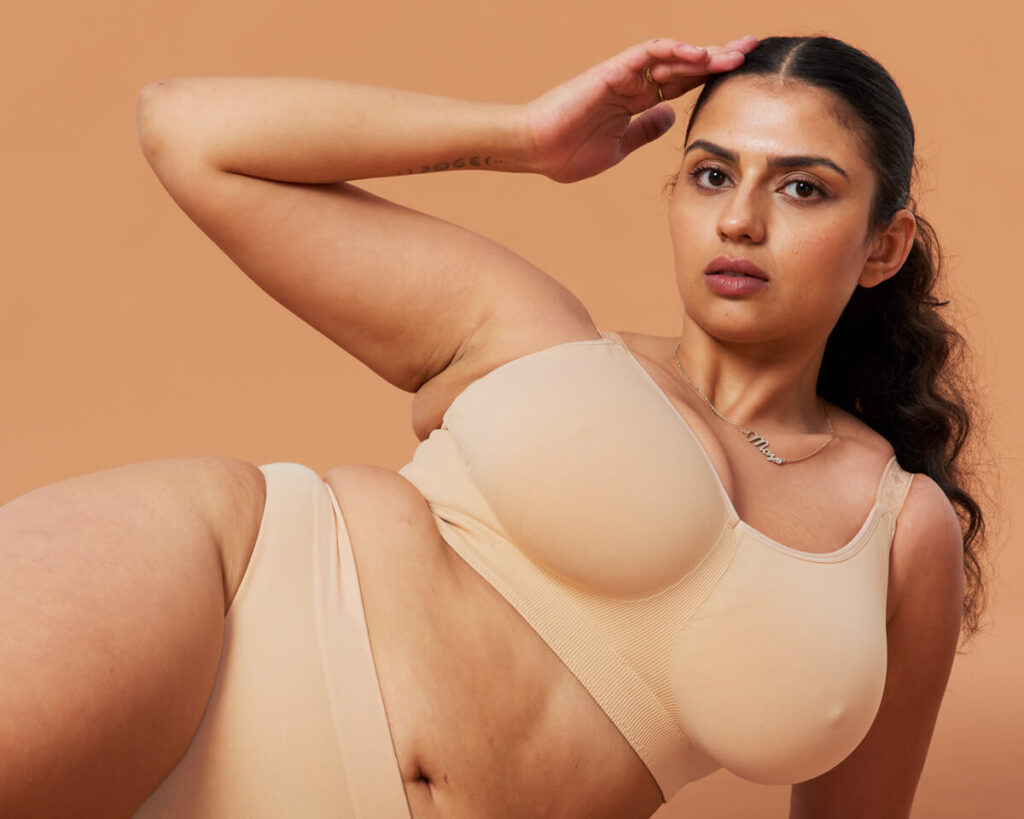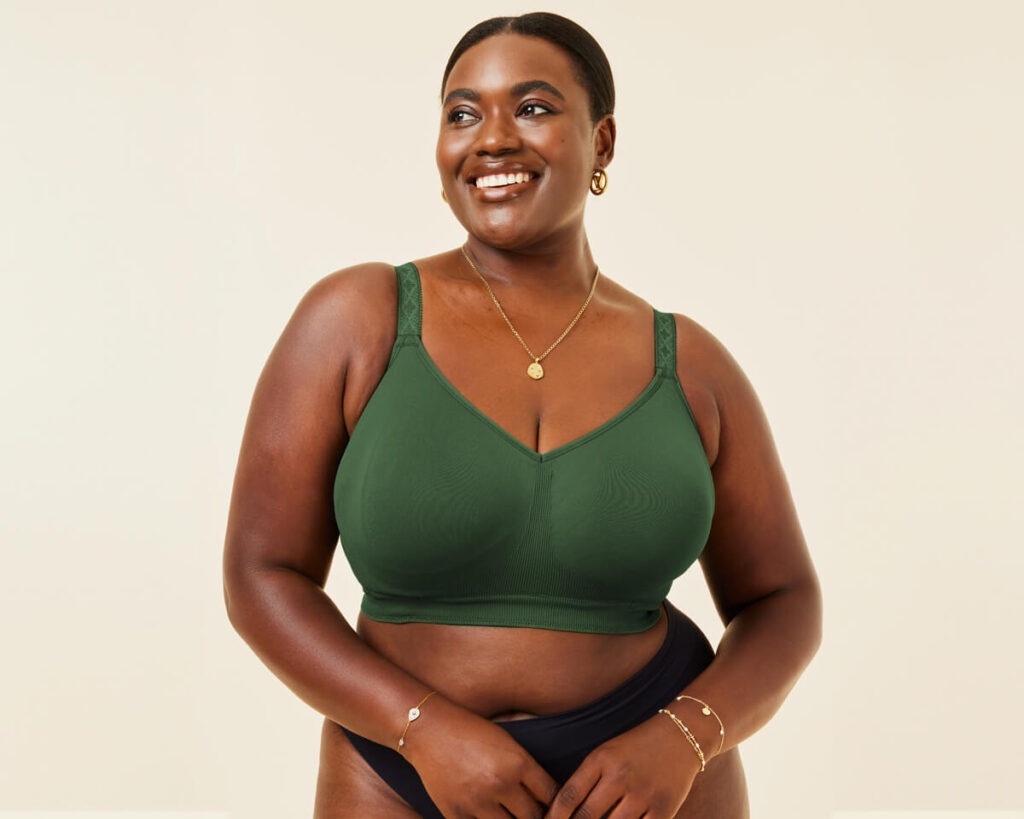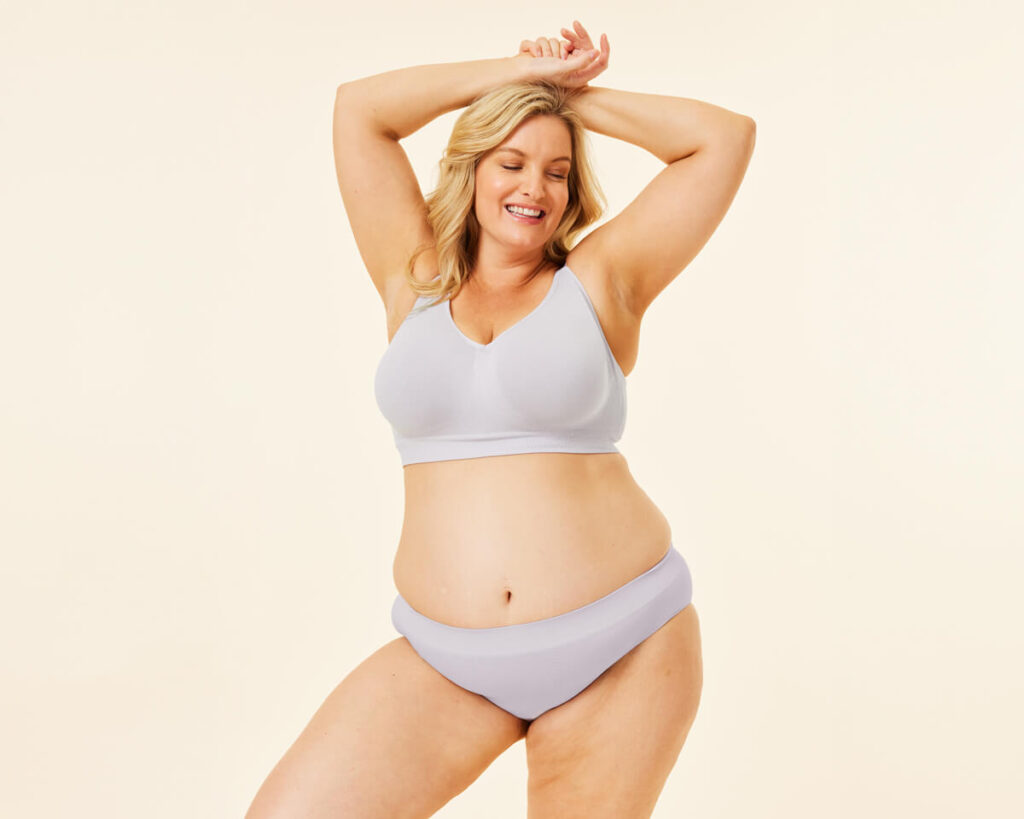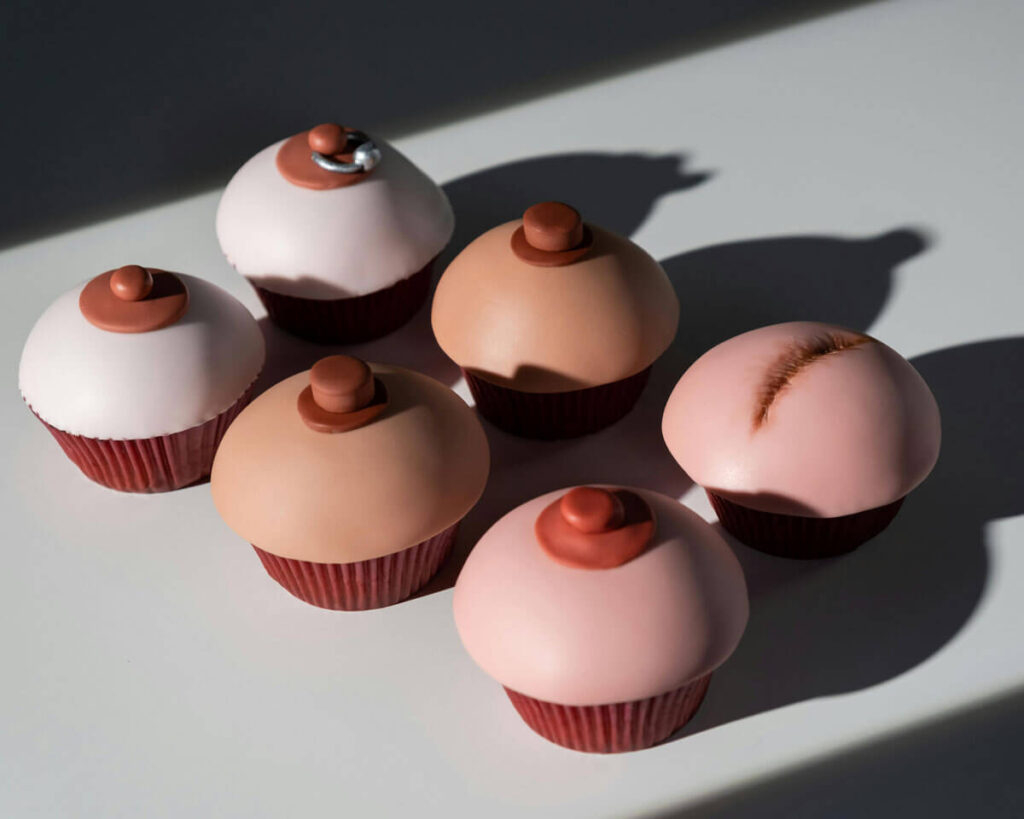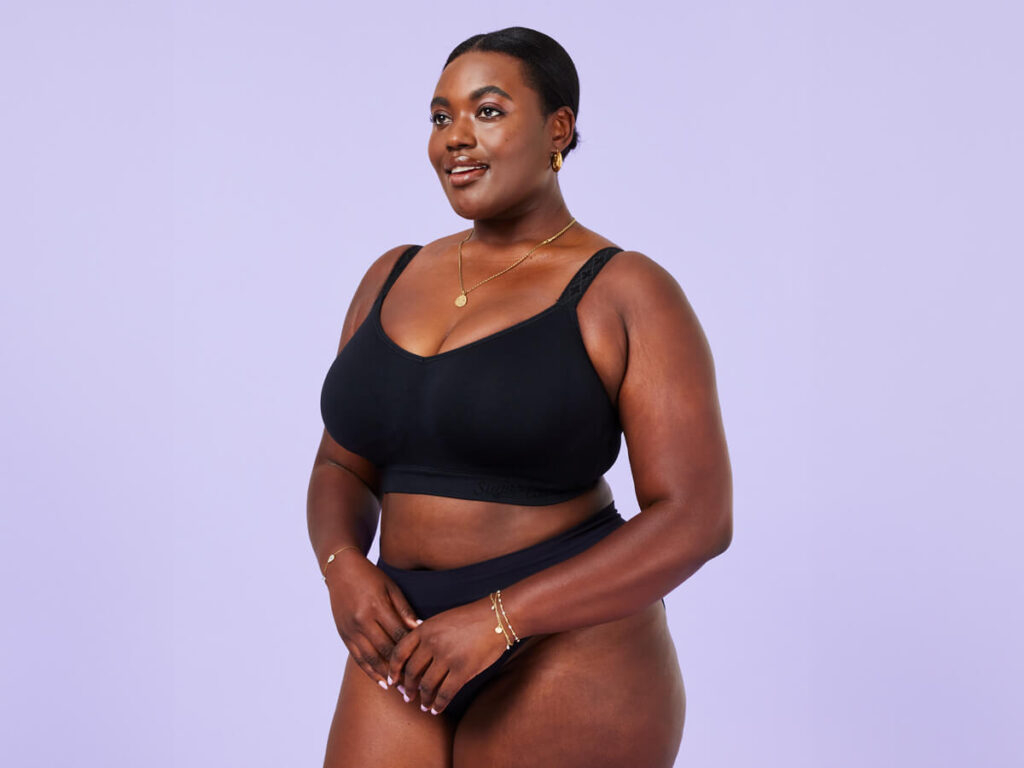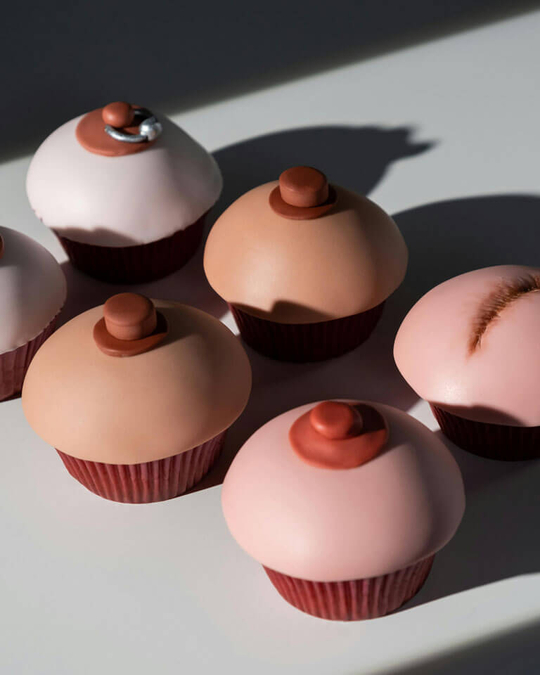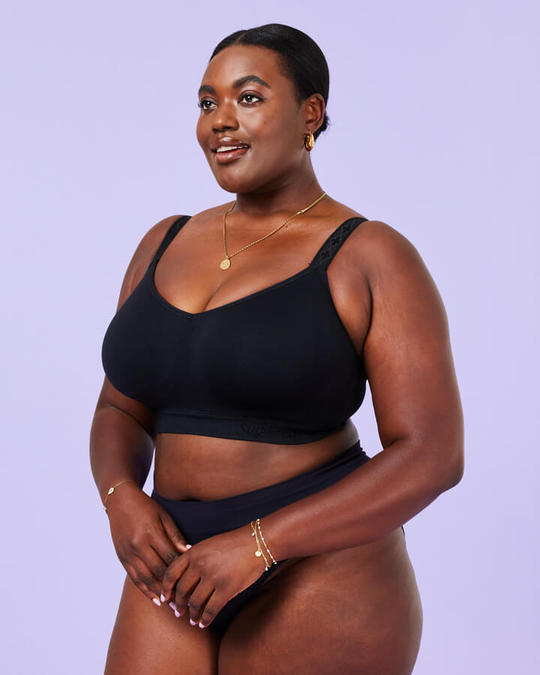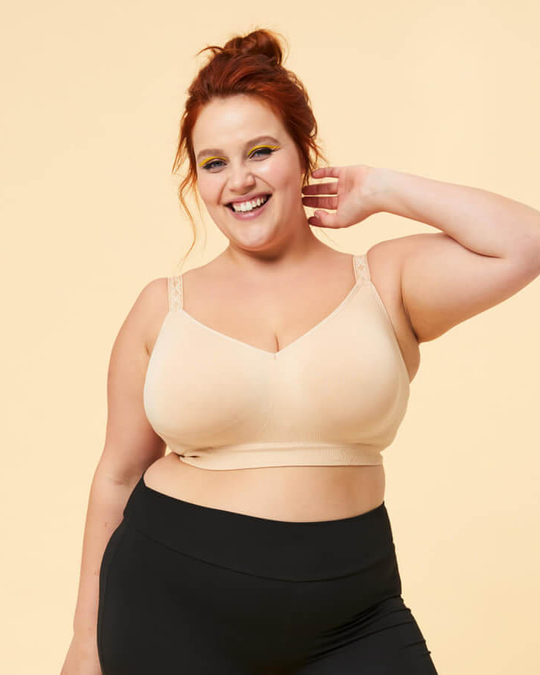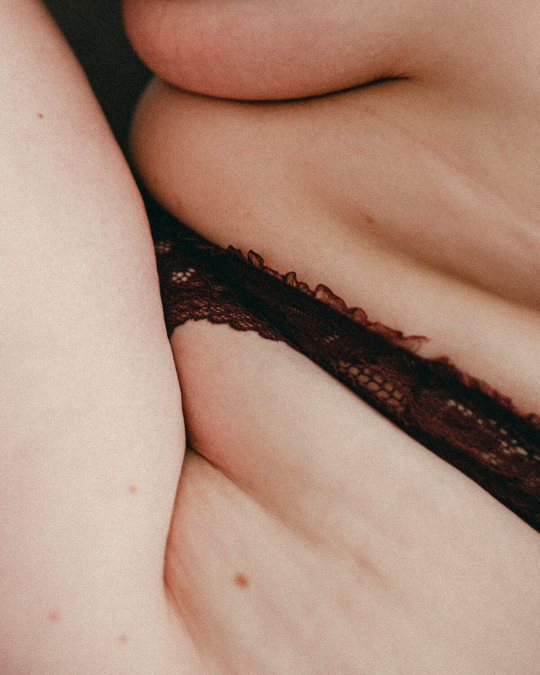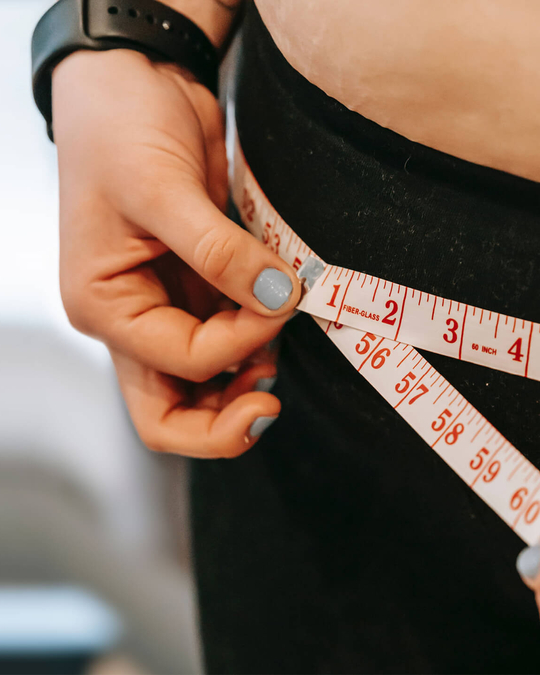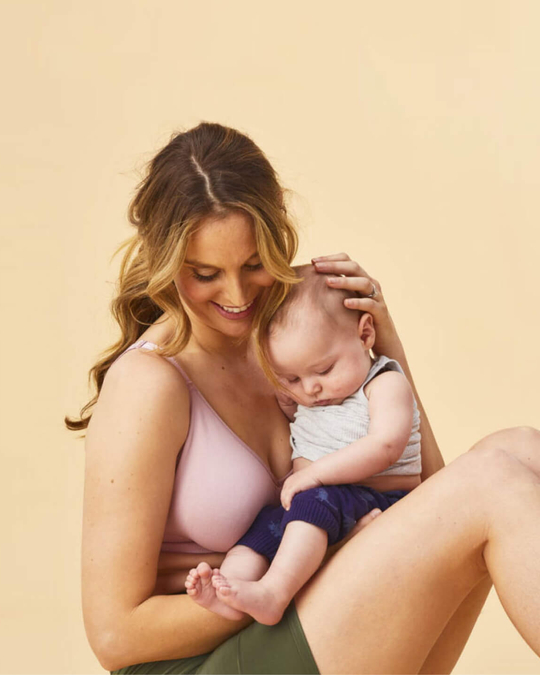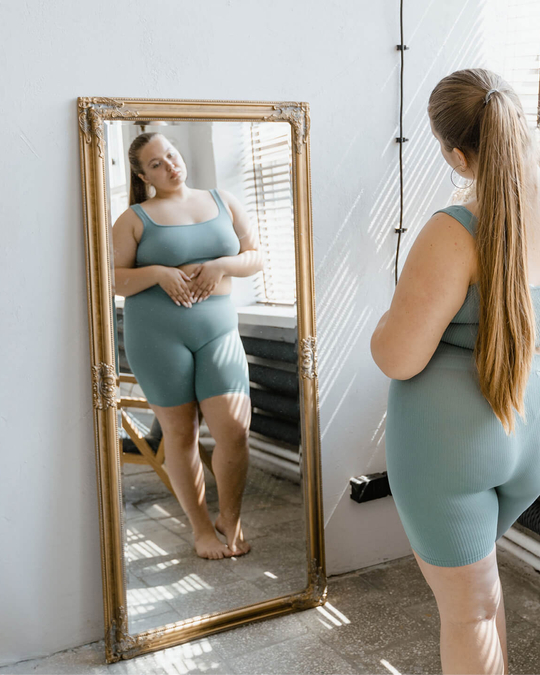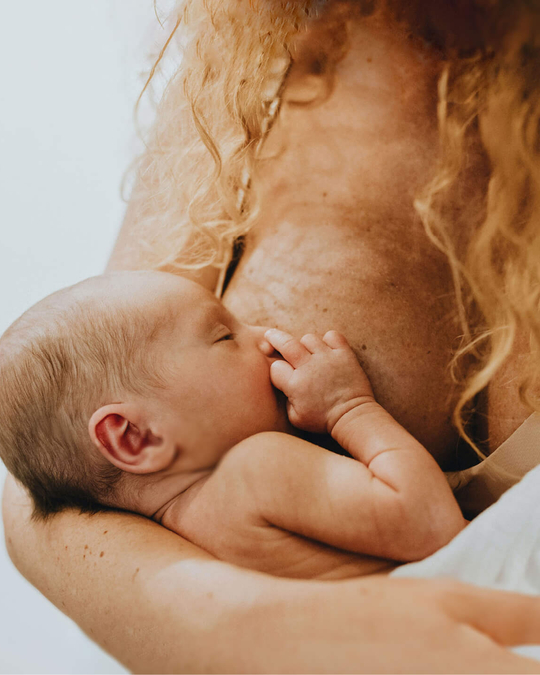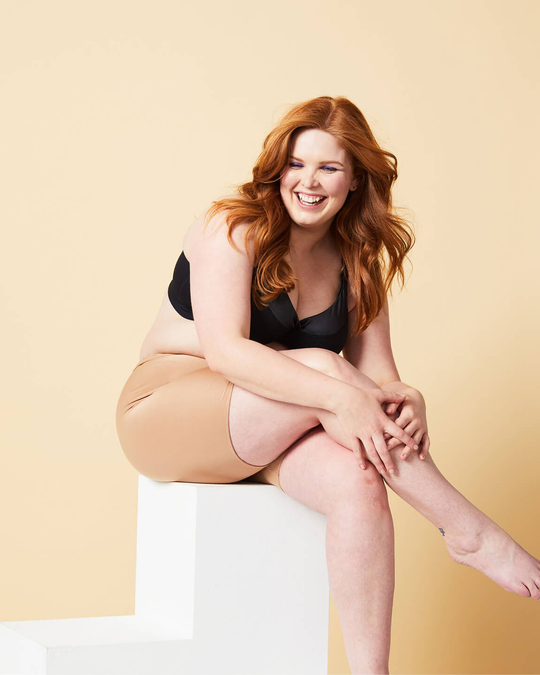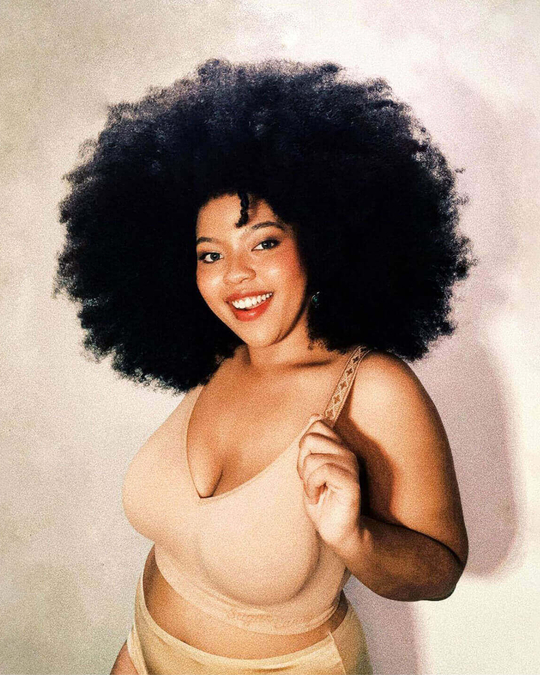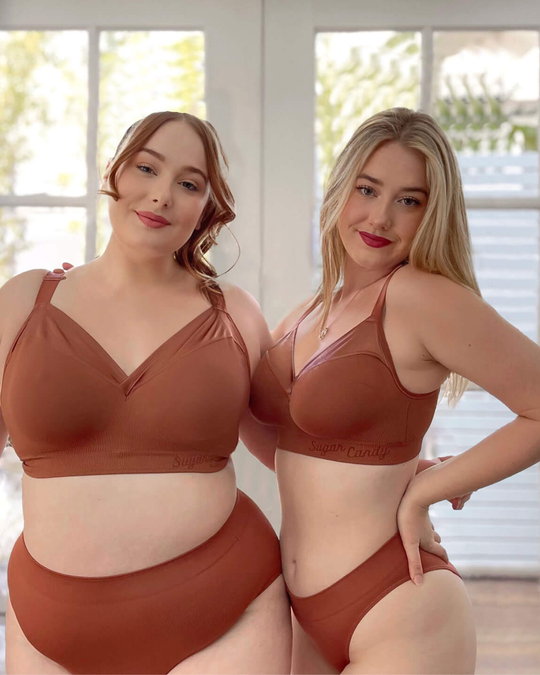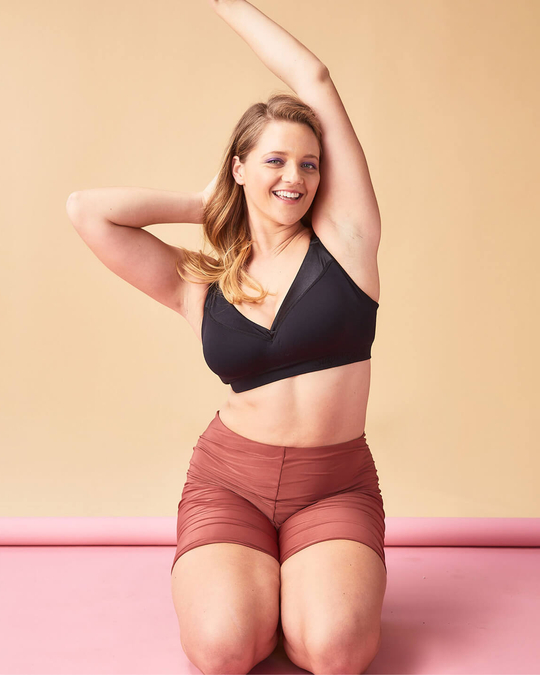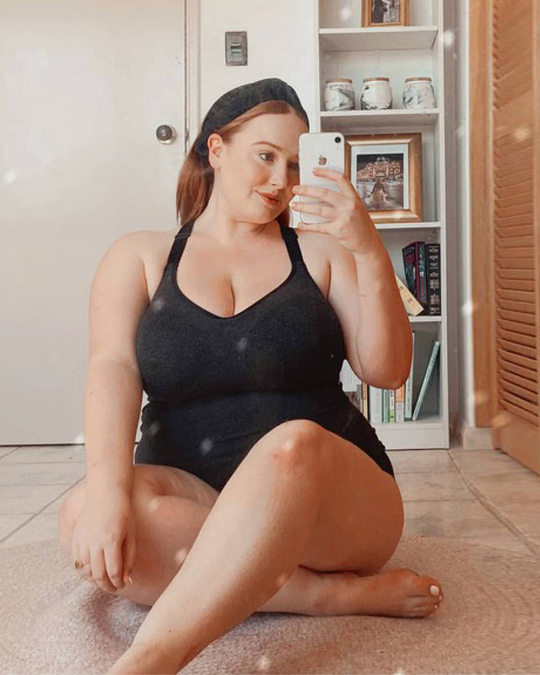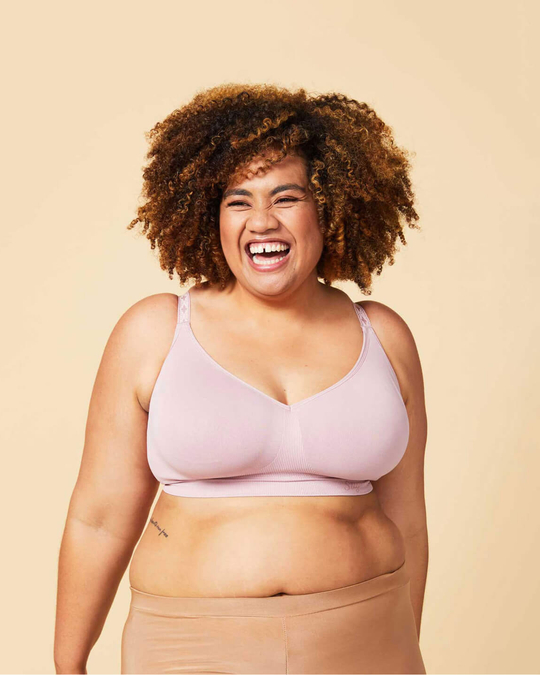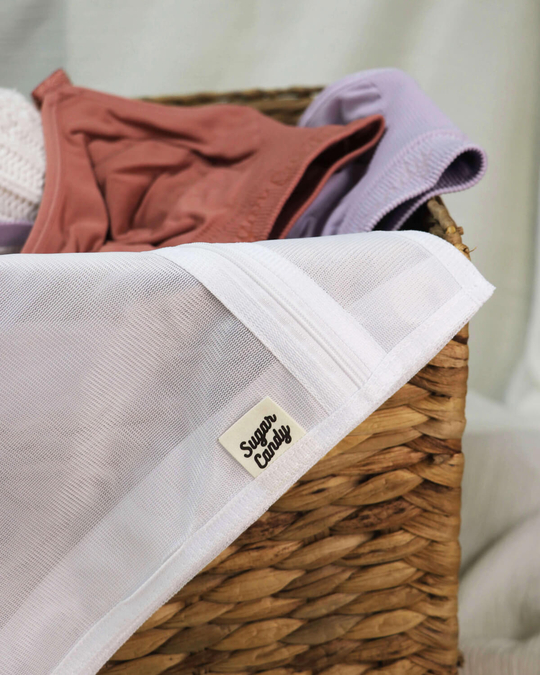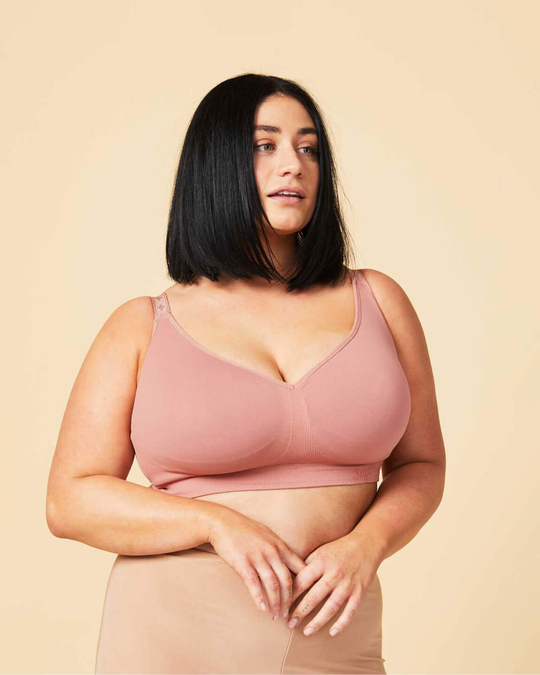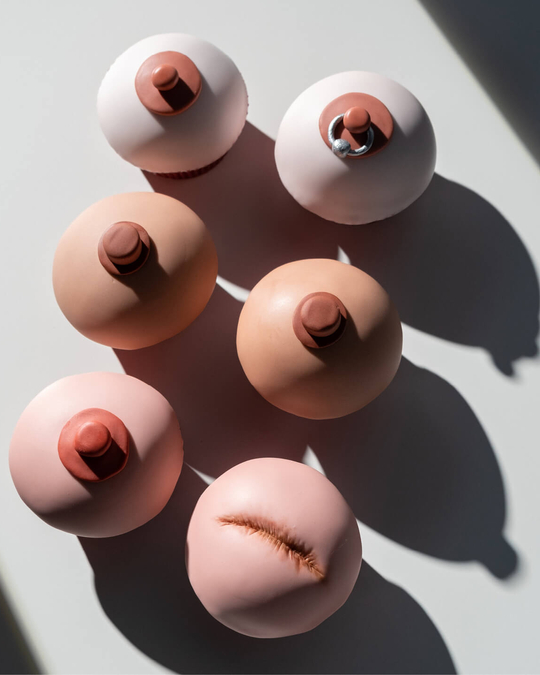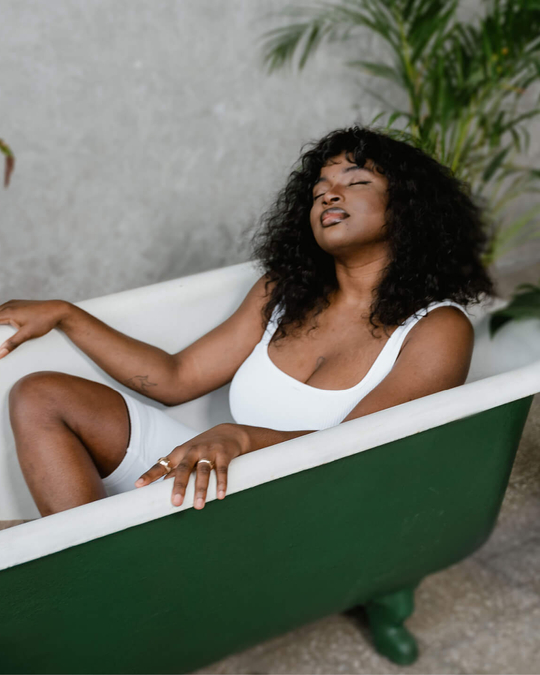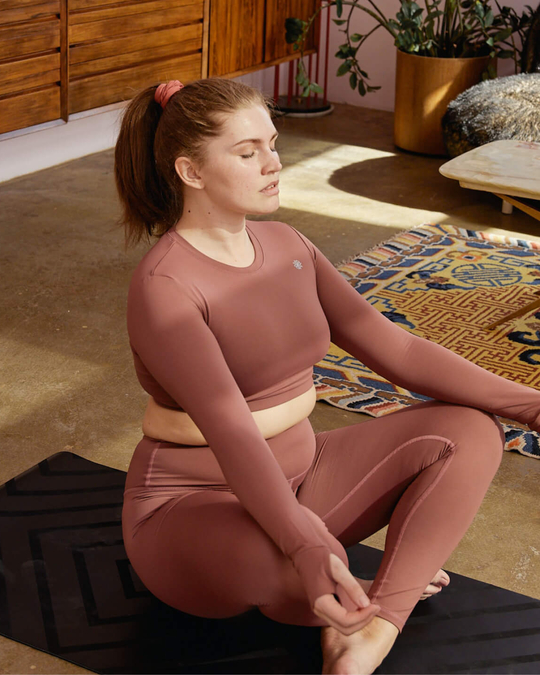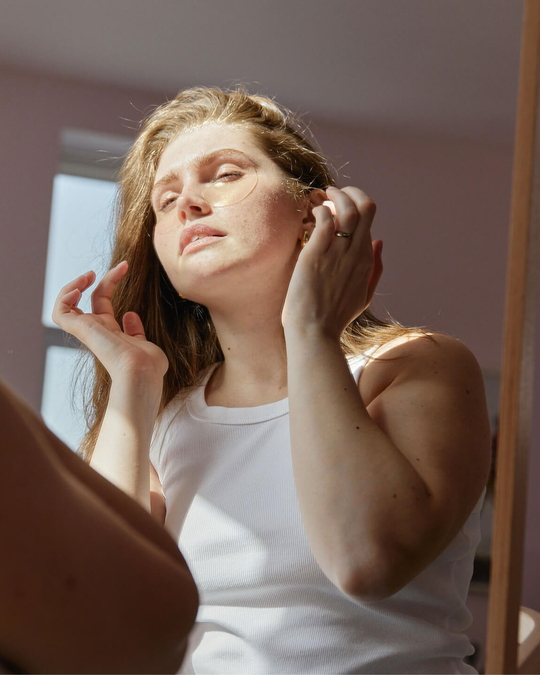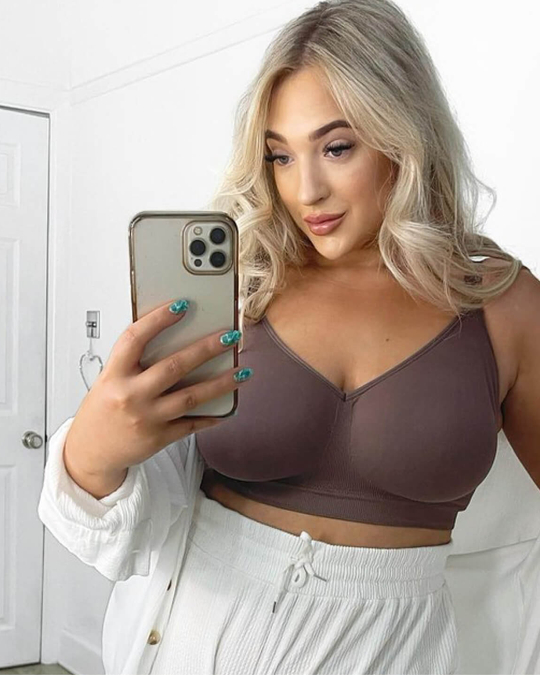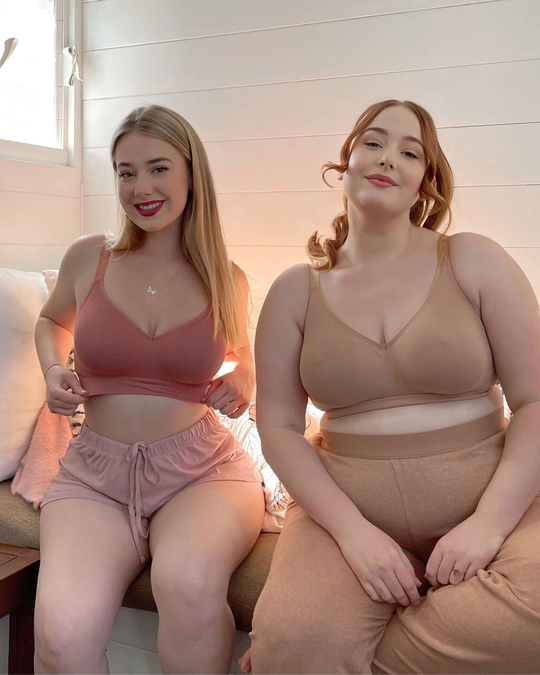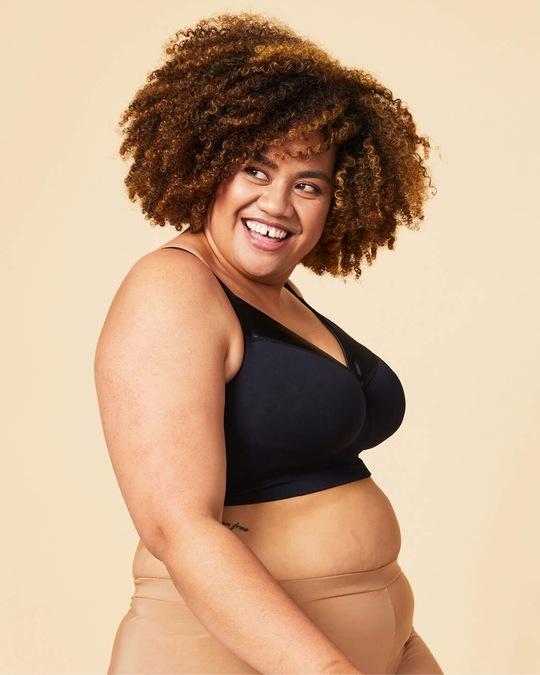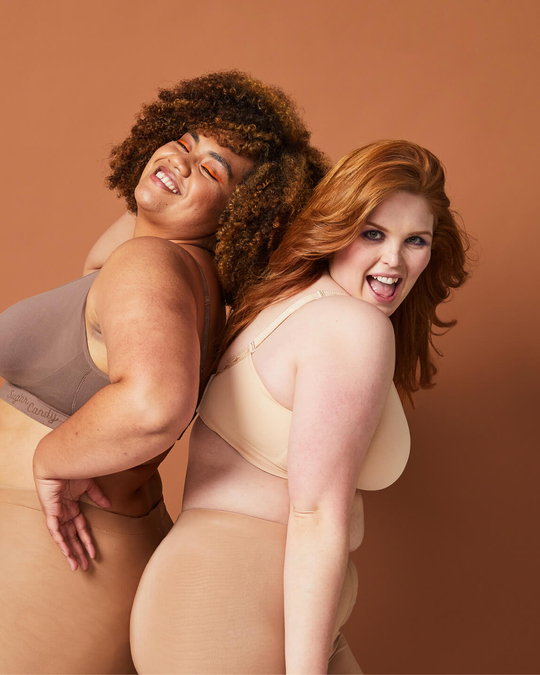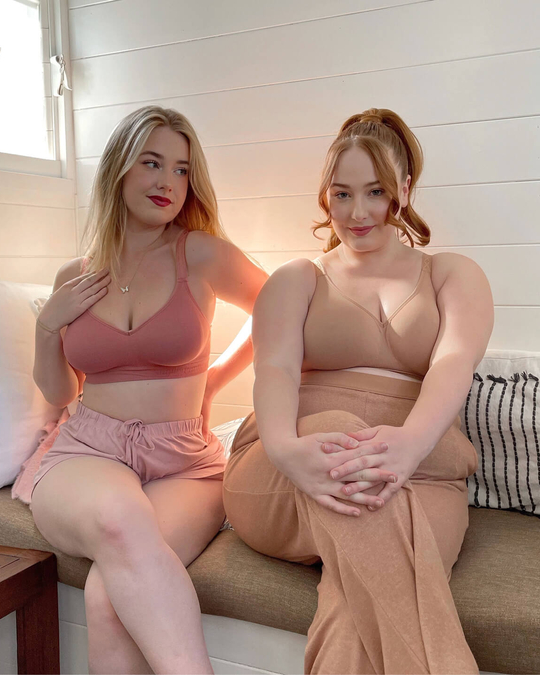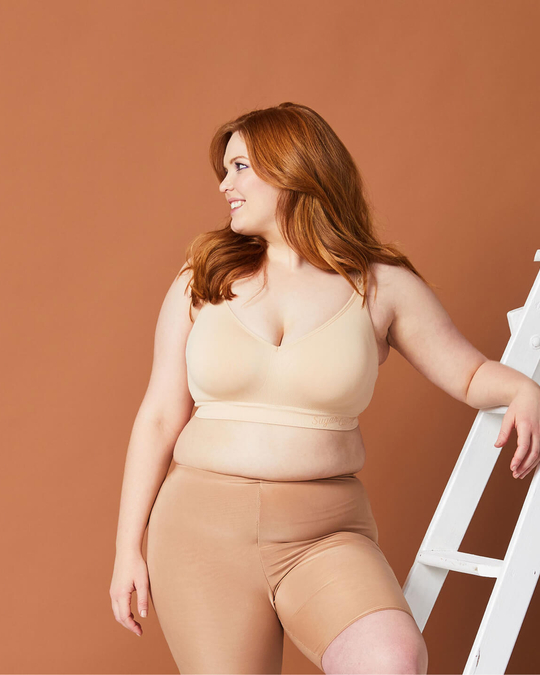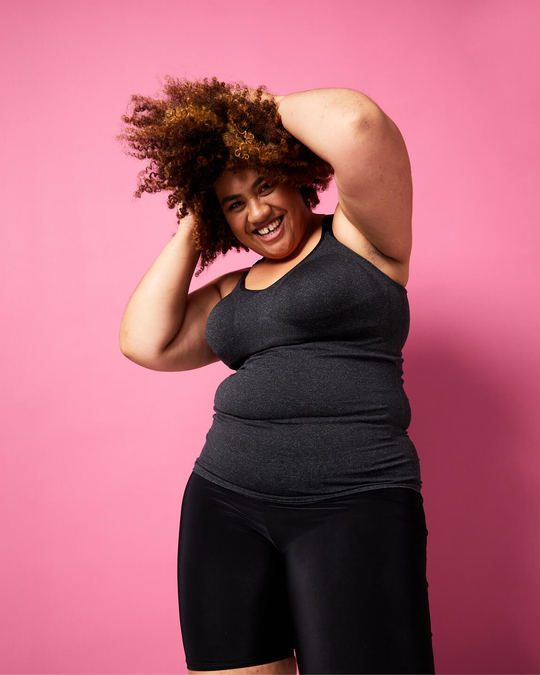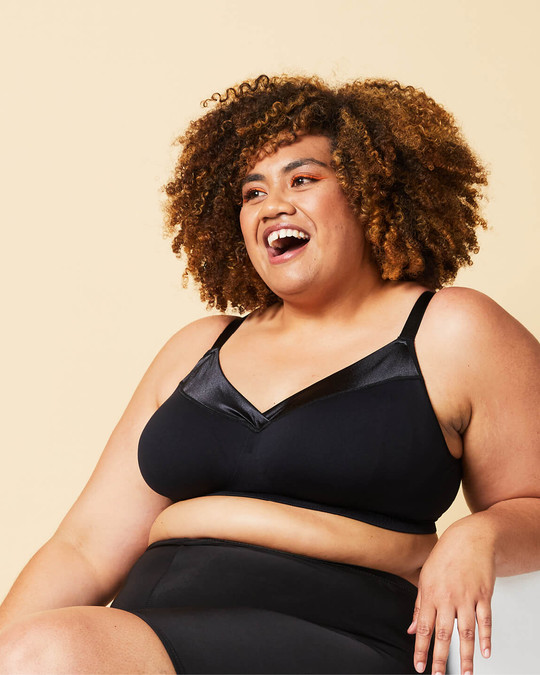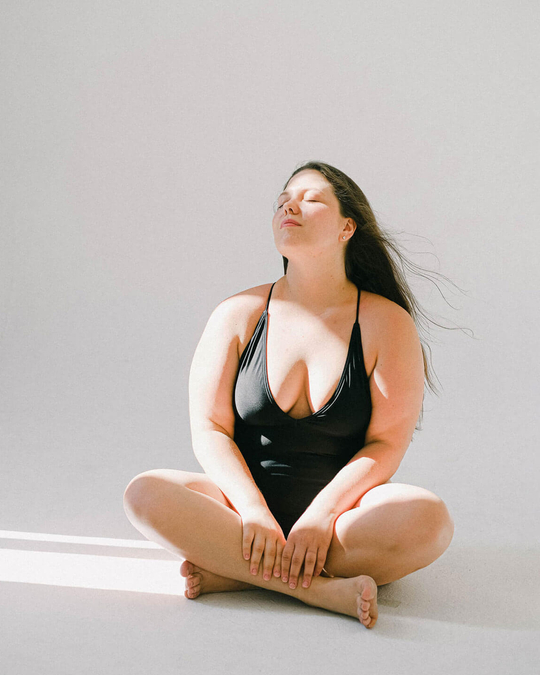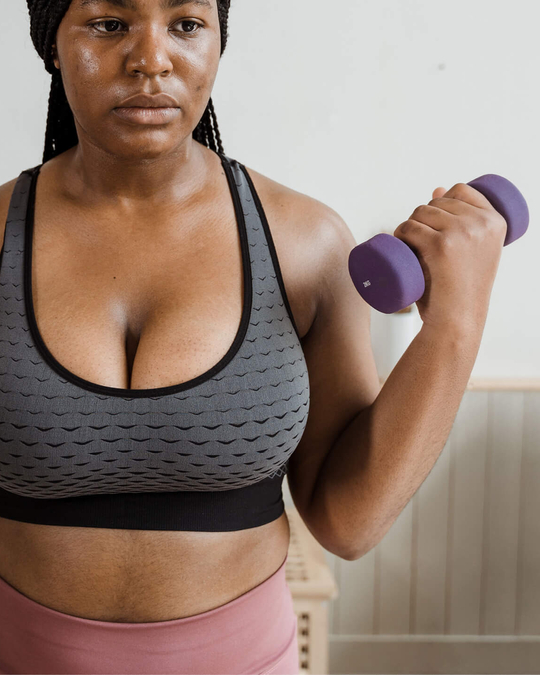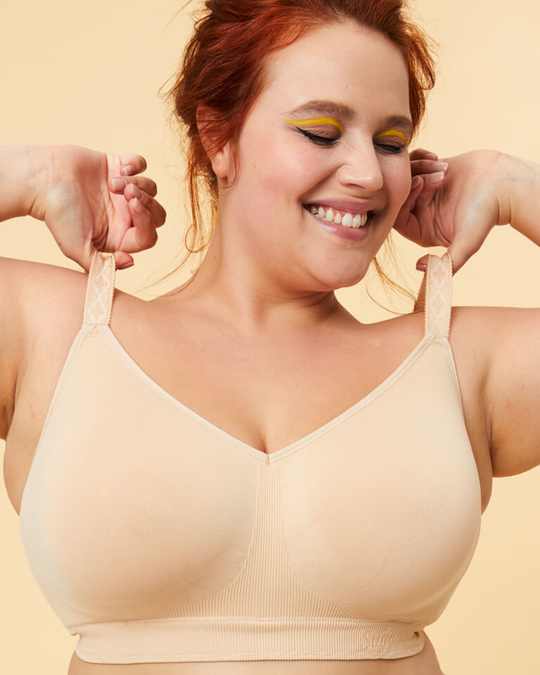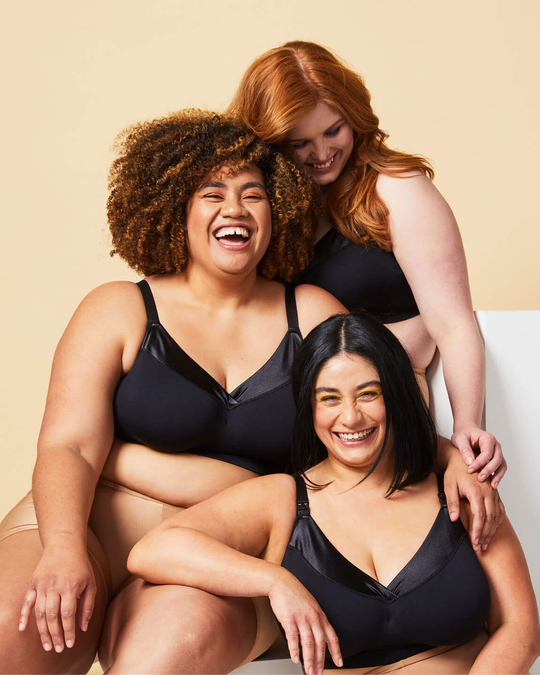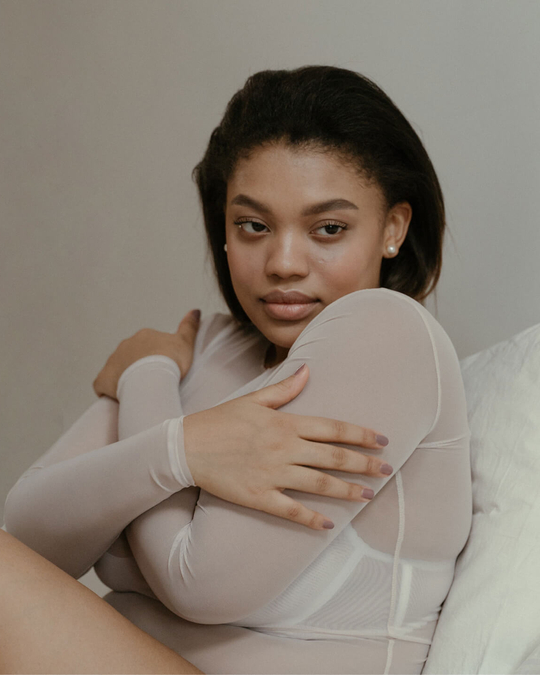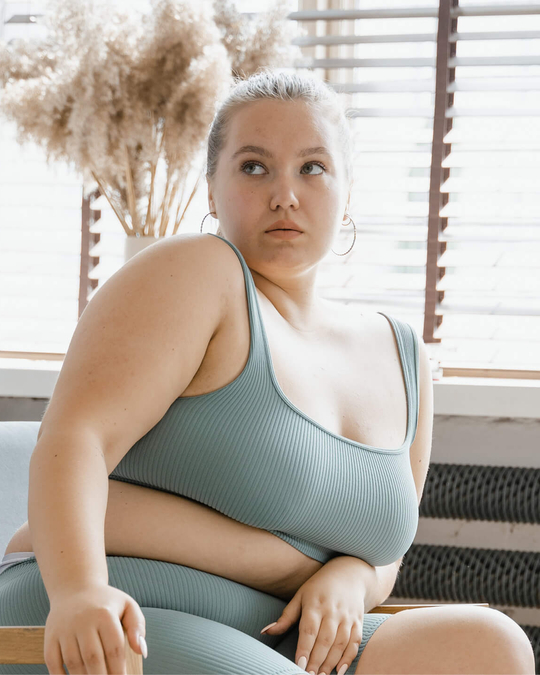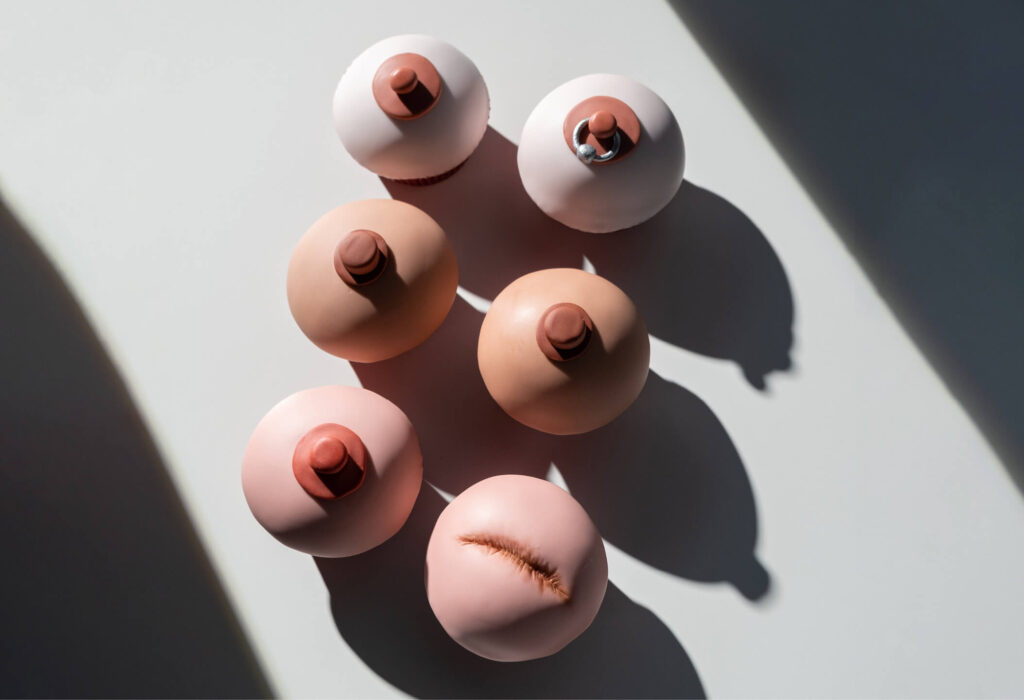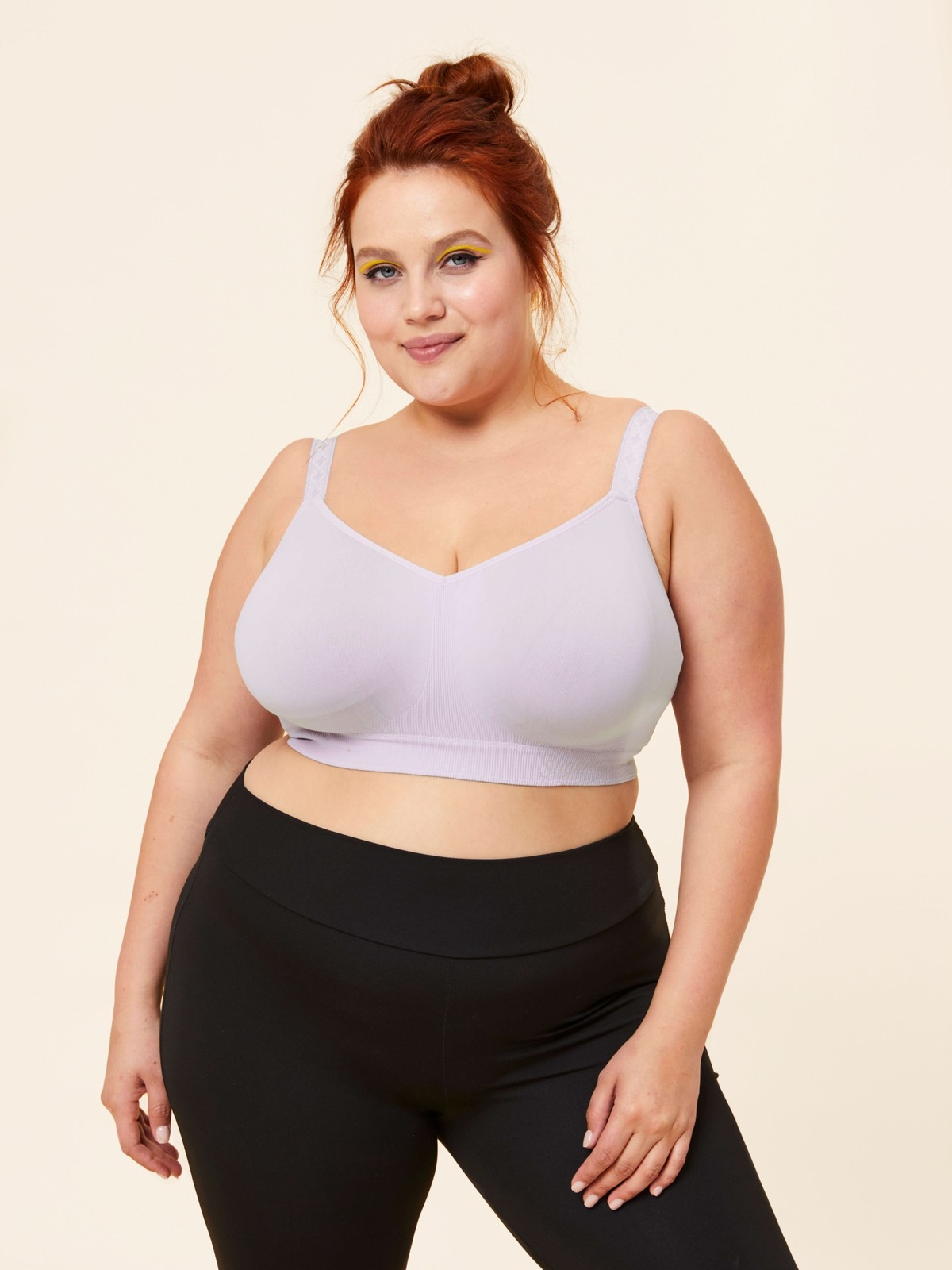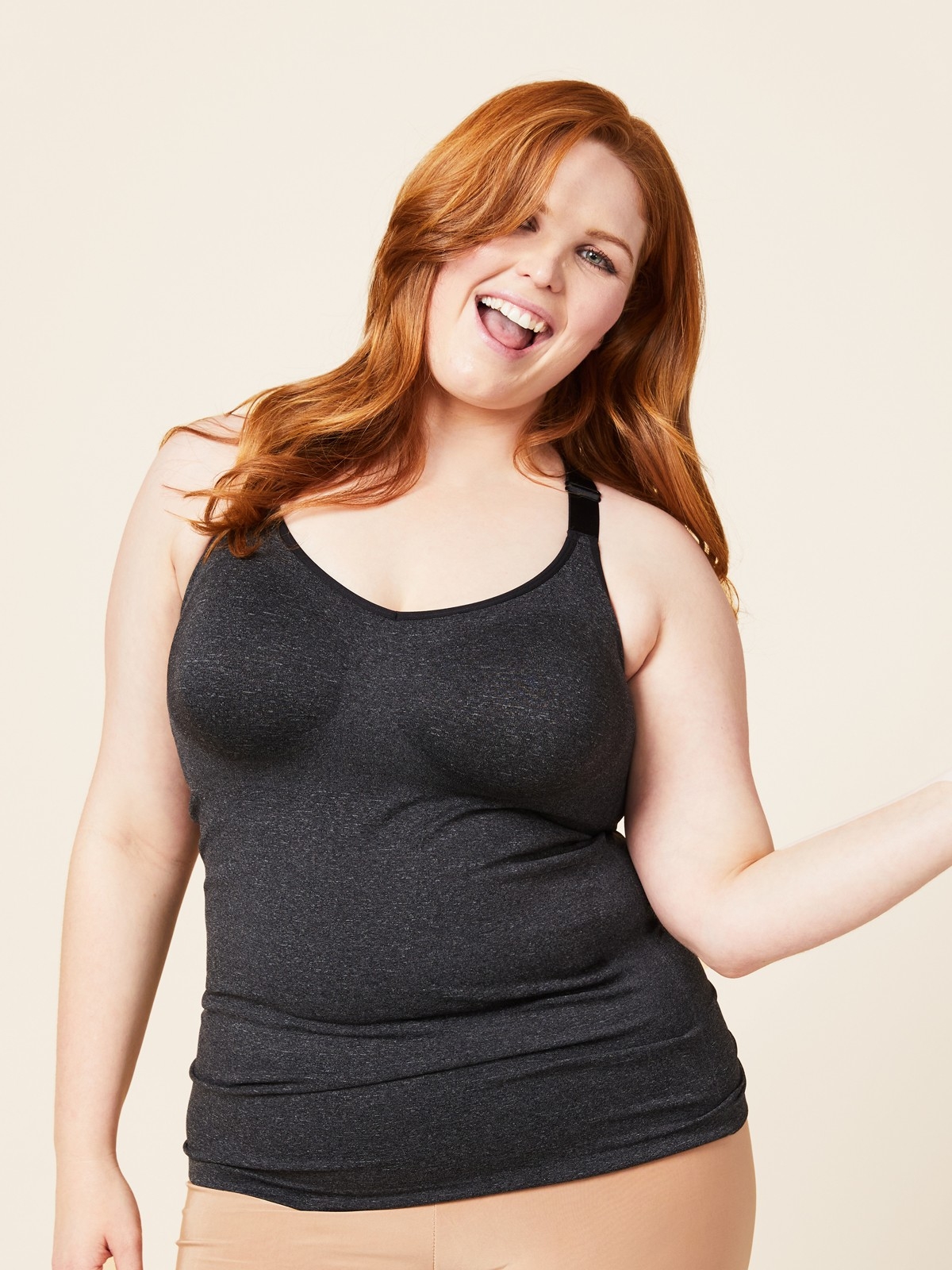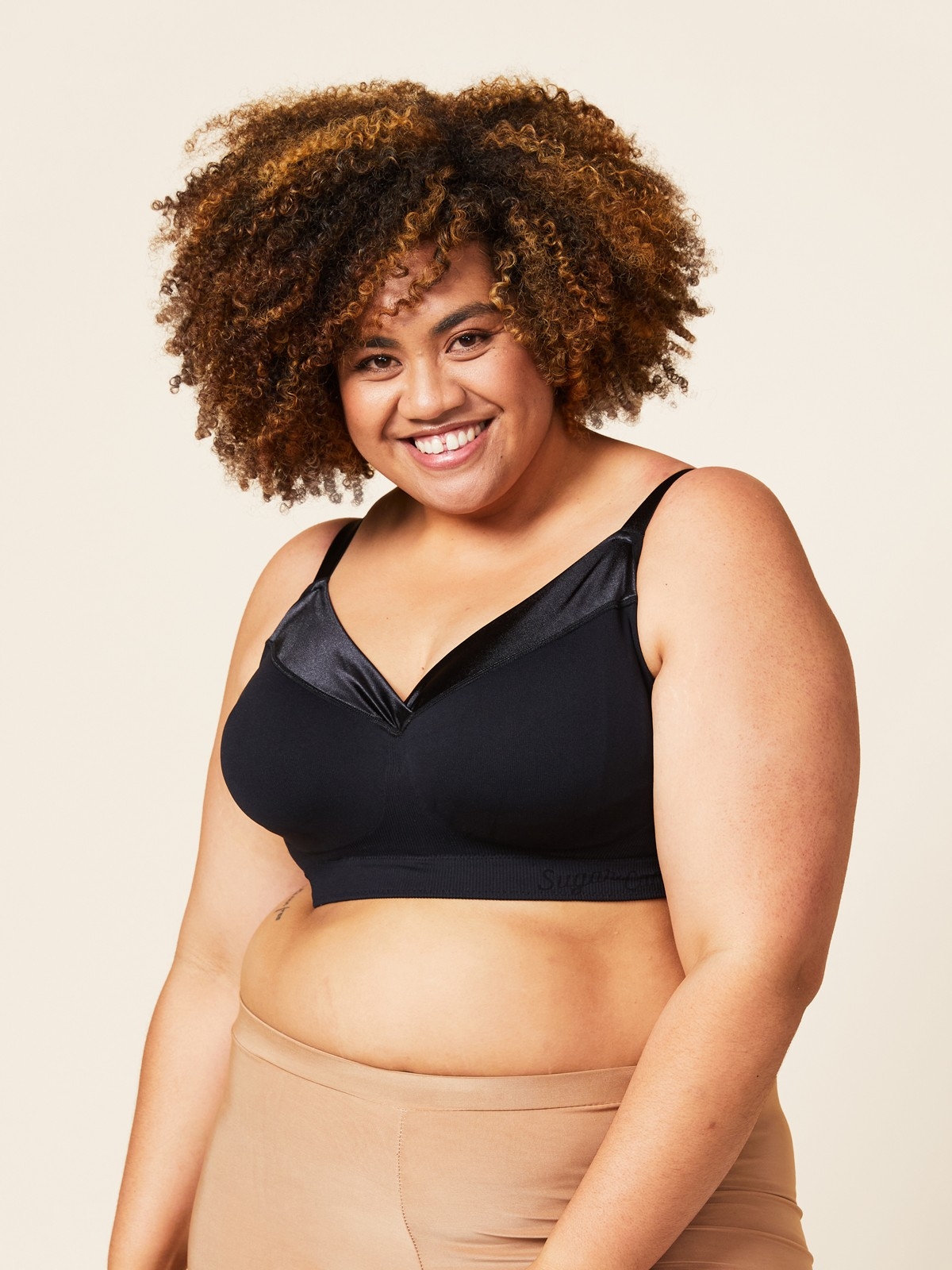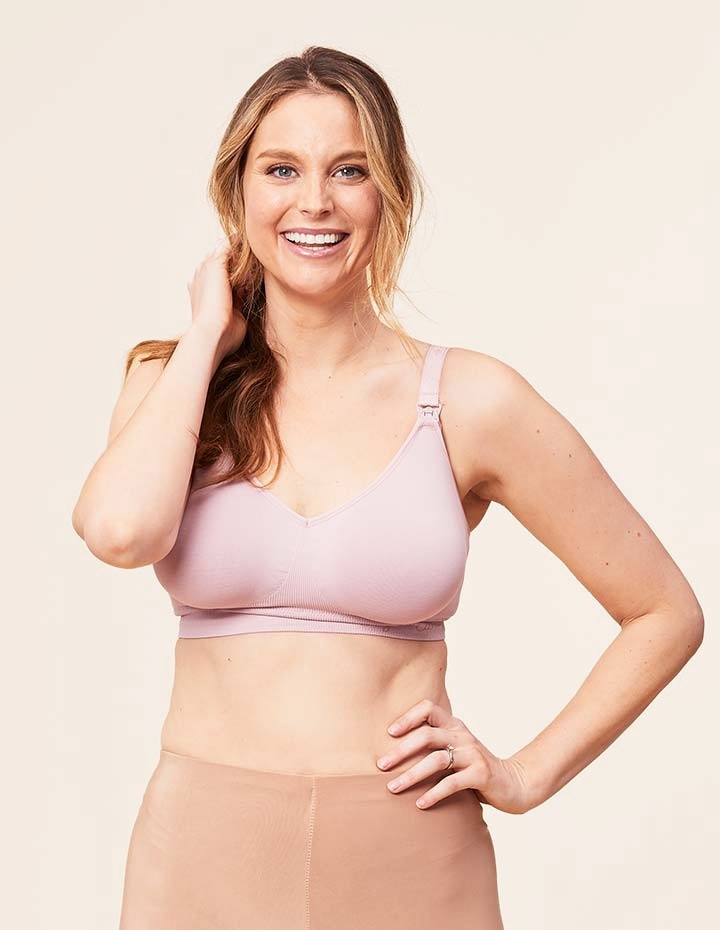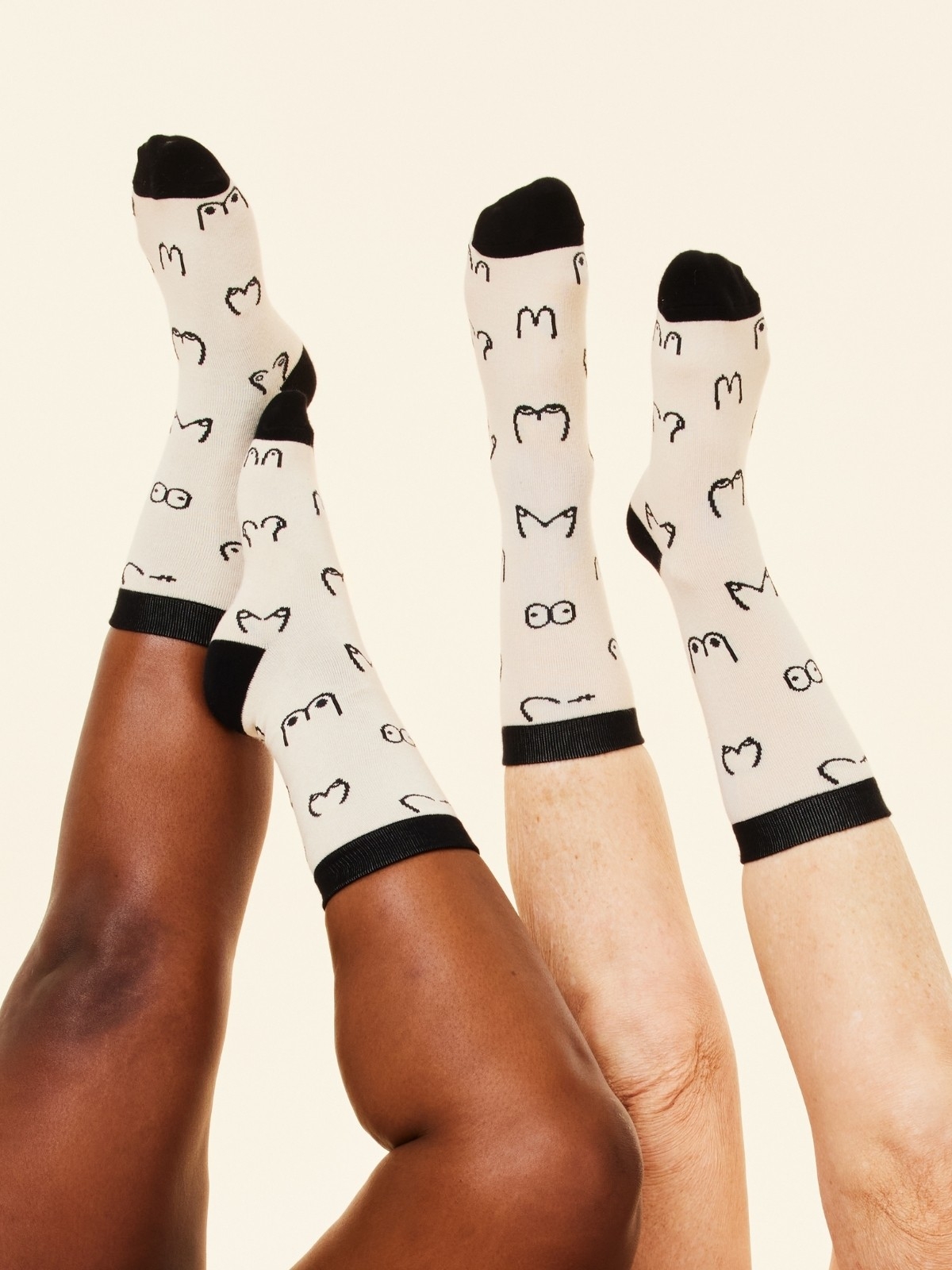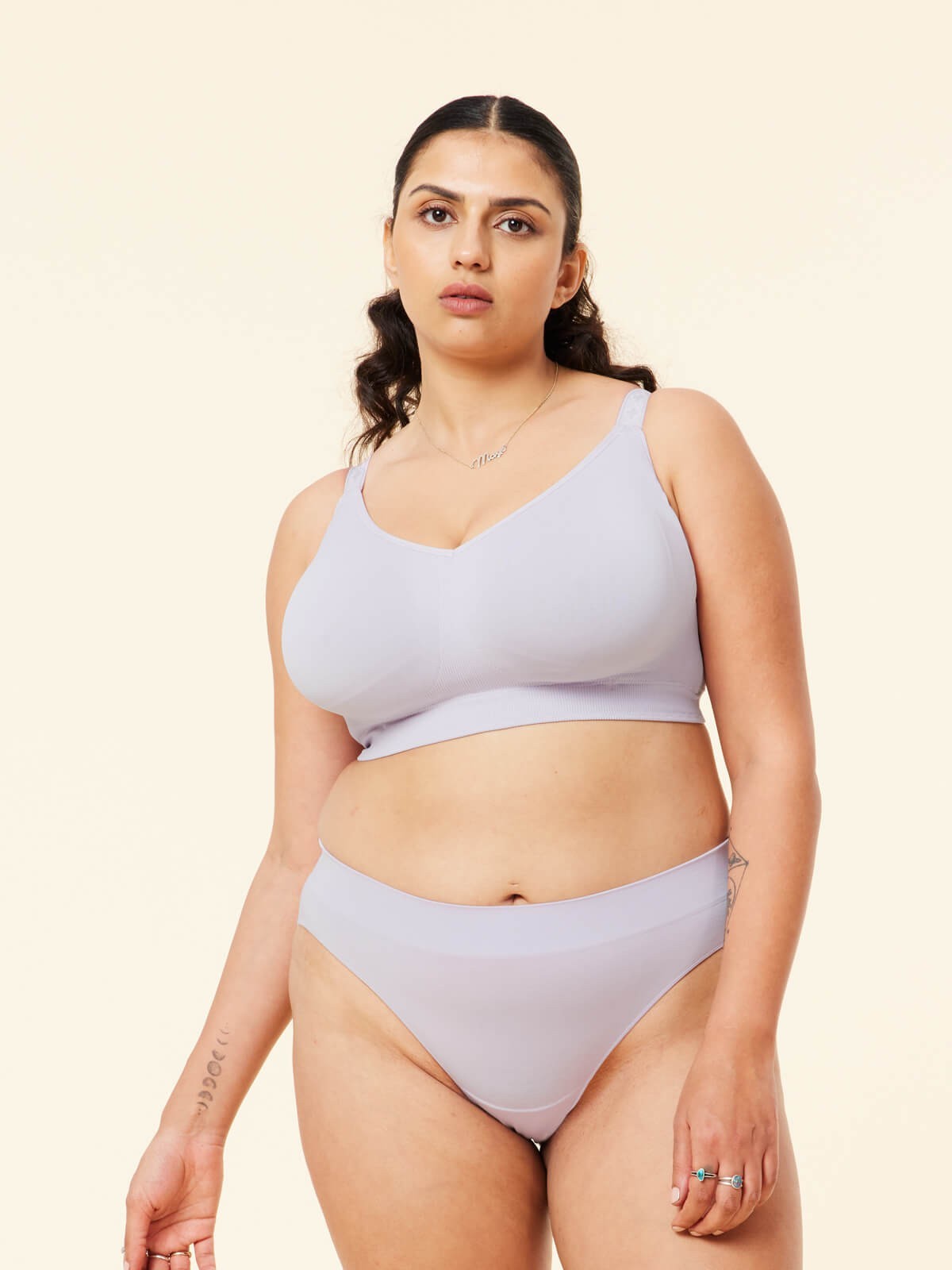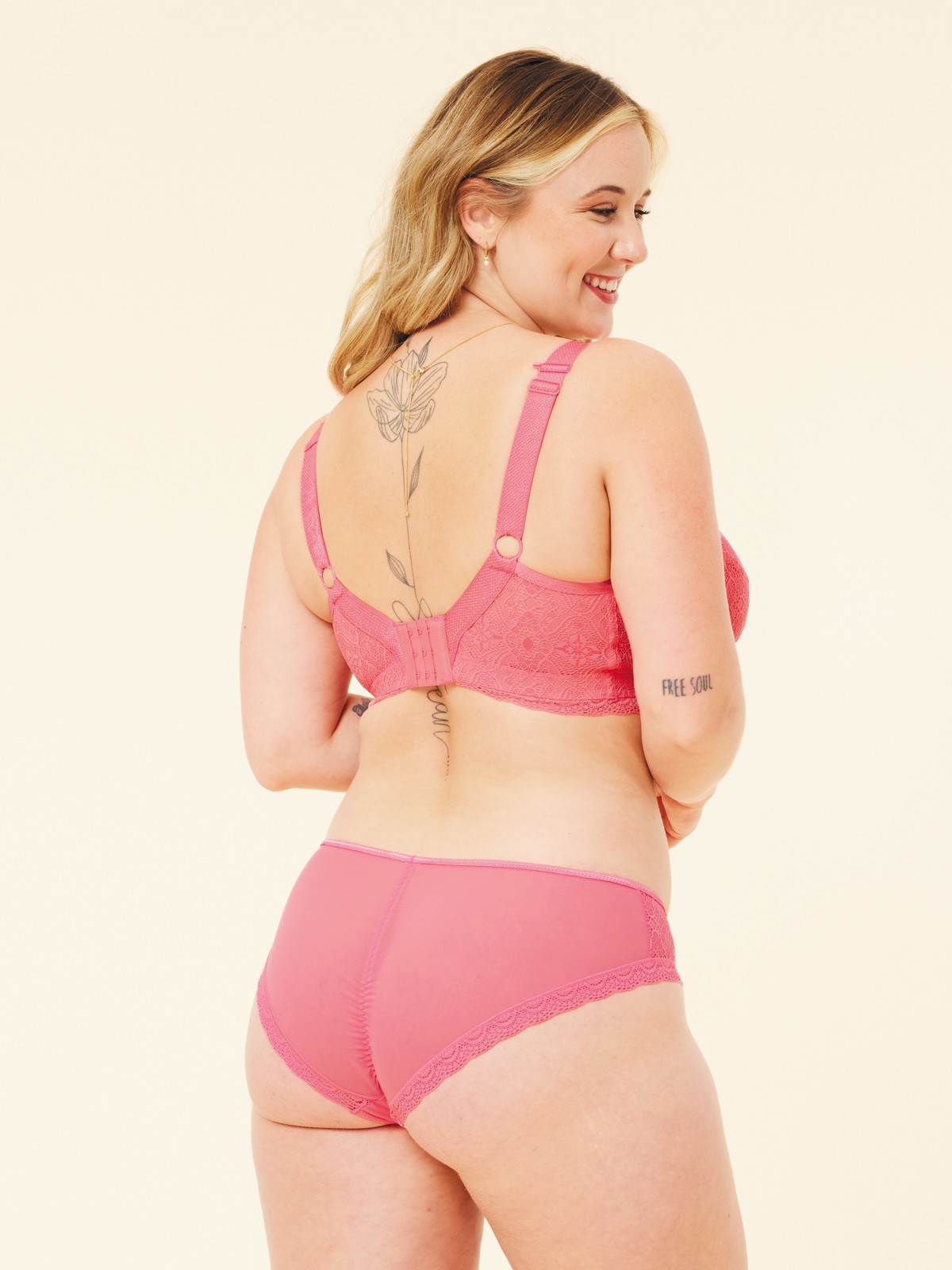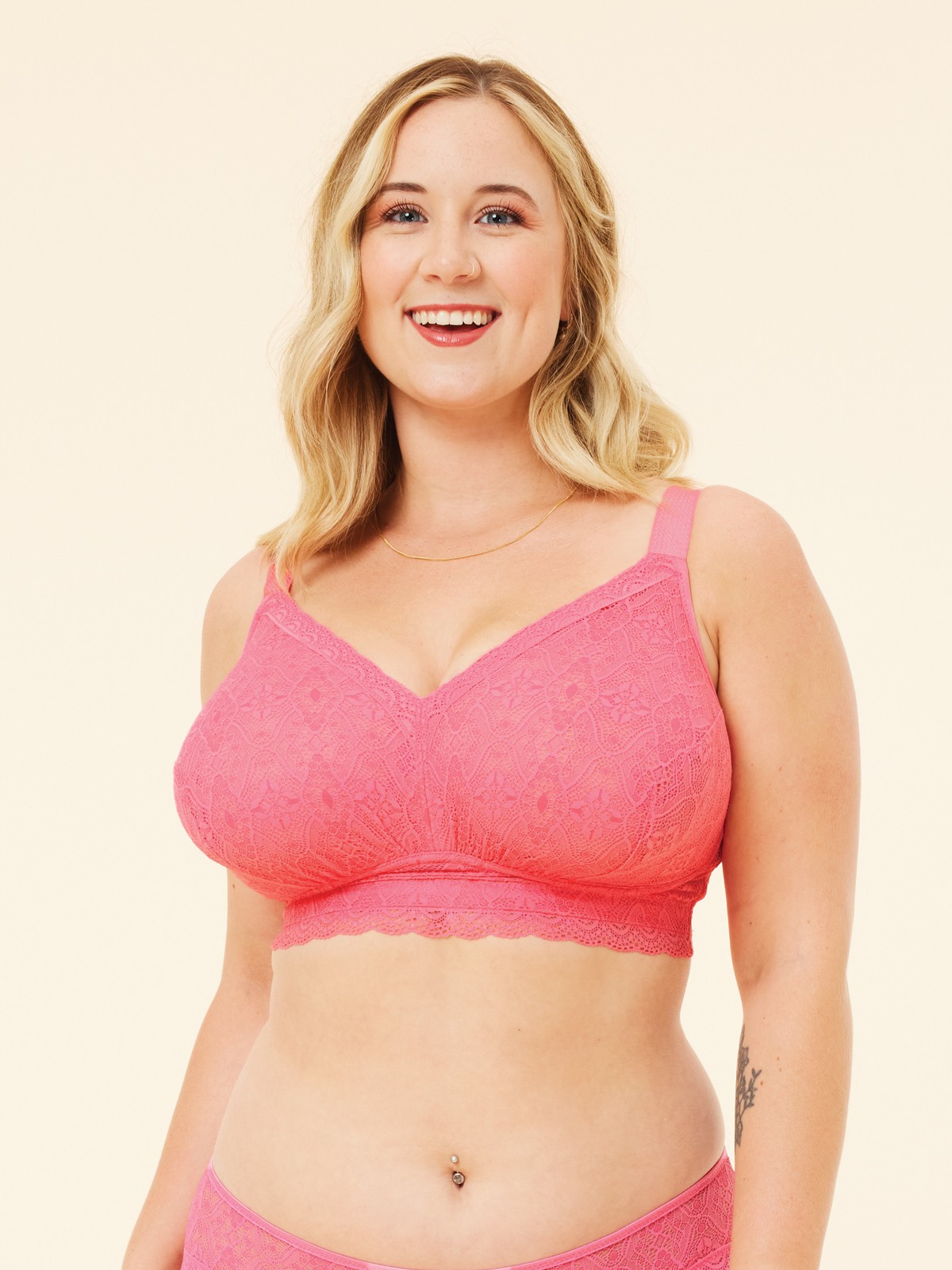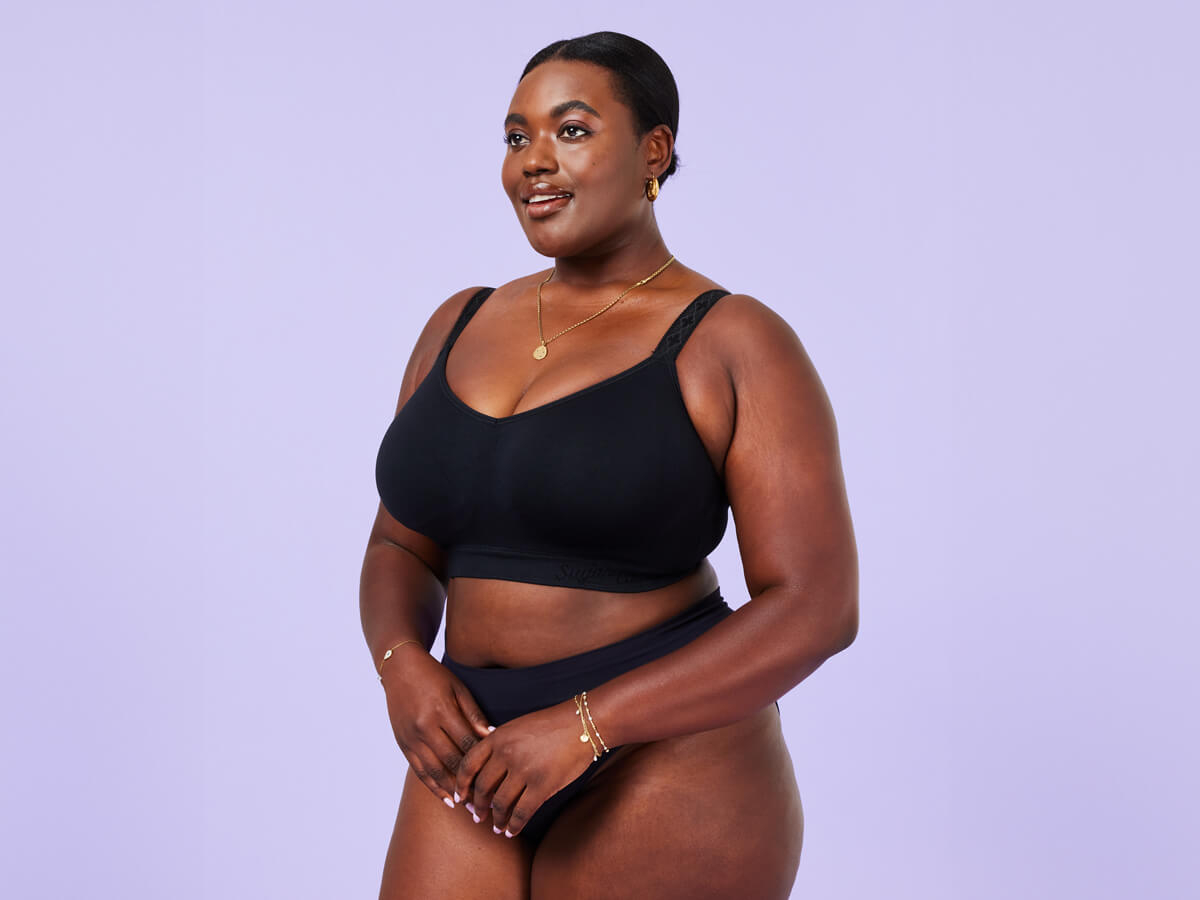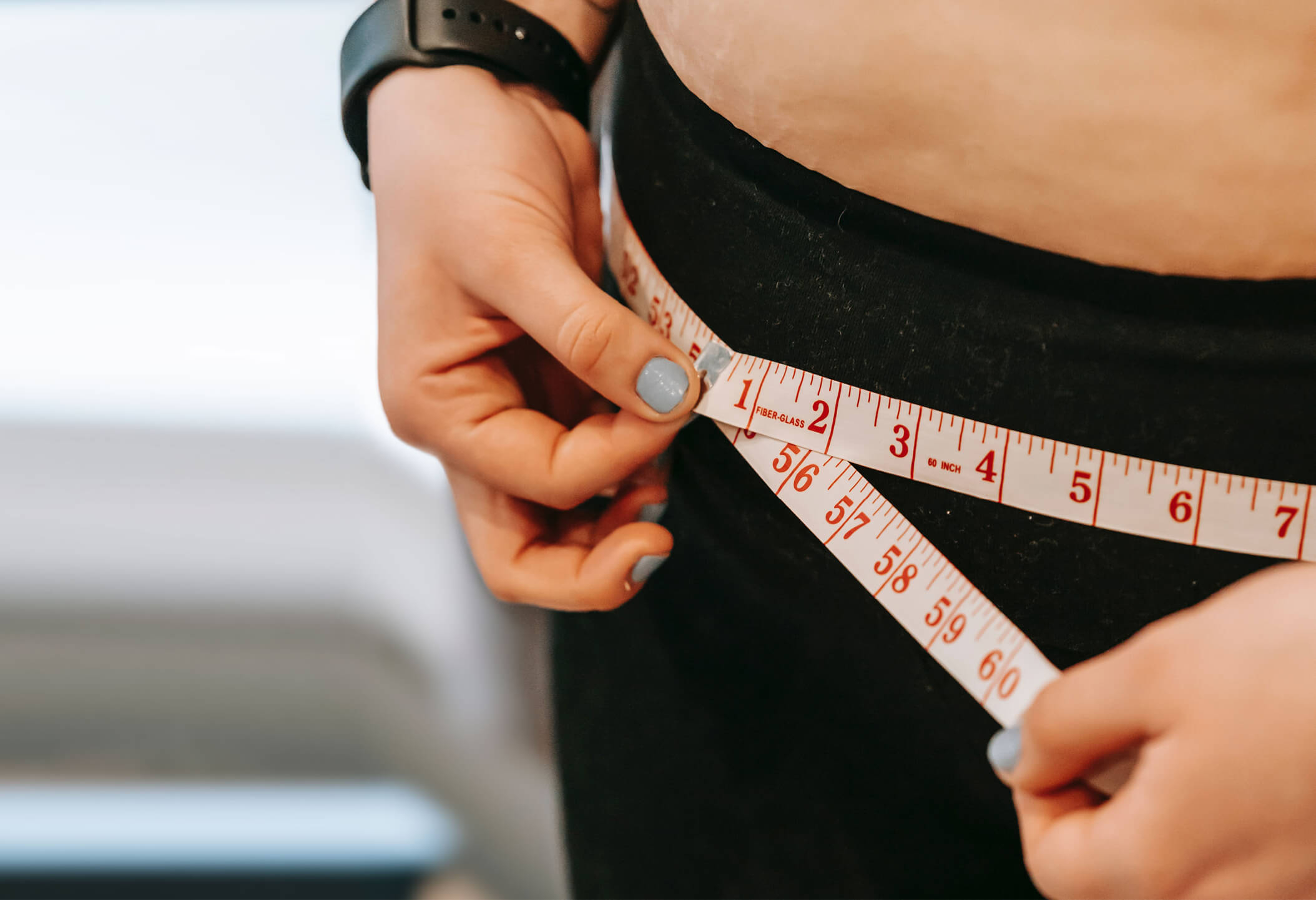results found
IN THIS ARTICLE
SEE MORE
- 1. Don’t smoke.
- 2. Eat foods that are high in polyphenols
- 3. Perform a monthly SBE (self breast examination)
- 4. Exercise
- 5. Be in a healthy weight range
- 6. Get that phone out of your bra
- 7. Don’t go on a crash diet
- 8. Additional breast checks for your age group
- 9. Get a good night's sleep
- 10. Zen out
- Myths about breast cancer
SEE MORE
It’s Breast Cancer Awareness Month! Yep — we are talking about boobs again, but this time it’s all about taking care of your girls, and the nasty battle that 1 in 7 of us boob-havers will face in our lifetimes.
You’re blessed with breasts, but with that blessing needs to come some awareness. Boobs are a responsibility. You’ve heard it before, or maybe even said it around your period, when you’re pregnant or even breastfeeding — “my boobs are killing me”. Unfortunately this is a reality for so many women worldwide. Even if you don’t develop breast cancer, there’s a 1 in 3 chance that someone close to you will. Fortunately there are some measures you can take to give your boobs a fighting chance, and improve your general breast health while you’re at it!
1. Don’t smoke.
If you do, you will be in a higher risk group for cancer and also more likely to have sagging breasts.
Smoking increases your risk of developing breast cancer, plus nicotine destroys the collagen in your skin and may result in breast sag.
2. Eat foods that are high in polyphenols
Foods high in polyphenols are thought to have cancer fighting abilities due to their antioxidant levels. Try foods such as:
- Berries
- Grapes
- Plums & blackcurrants
- Apples & cherries
- Red wine *win*
- Black beans
- Dark chocolate *double win*
- Eggs
- Nuts
- Spinach, artichokes & asparagus
3. Perform a monthly SBE (self breast examination)
If you’ve never done one, get comfy, strip off and follow these simple steps. The more you do them, the more you will get to know your breasts, their fluctuations, their knottiness or knobbly bits and what feels normal to you.
- If you’re standing up put your arm above your head, or if you’re lying down put it out to the side.
- Feel with all four of your fingers across every part of your breast — in circles, in a star shape, and across, up and down. We don’t want any little bit of breast tissue left untouched.
- If you do have larger breasts, then do the above in a number of different positions such as on each side and also while lying on your stomach with your breast hanging down.
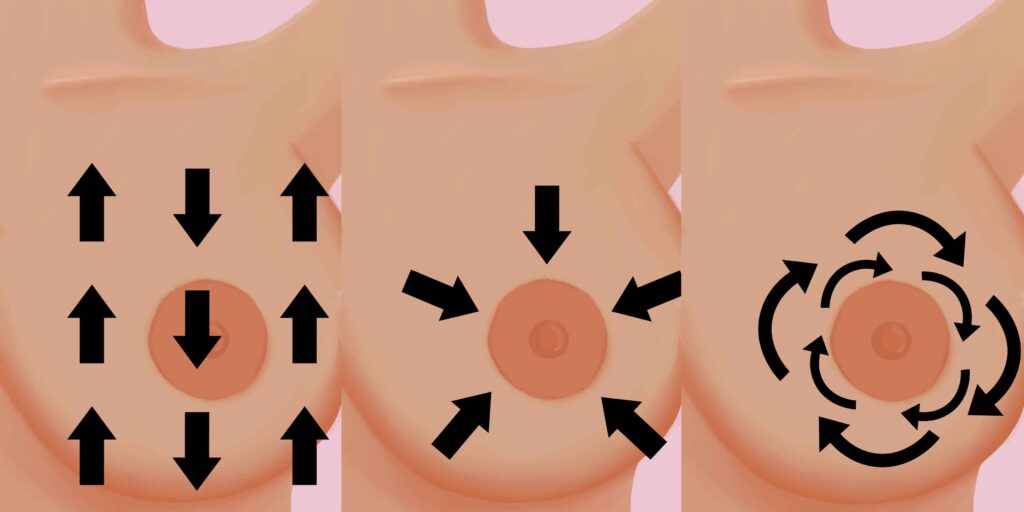
Make a note of anything that changes or doesn’t feel right such as the following:
- Lumps
- Bumps
- Pain
- Swelling
- Discharge
- Skin changes
- Nipple changes
- Thickening of the tissue or skin
4. Exercise
According to Breast Cancer Australia, women who exercise regularly are 10-20% less likely to develop breast cancer than their inactive counterparts.
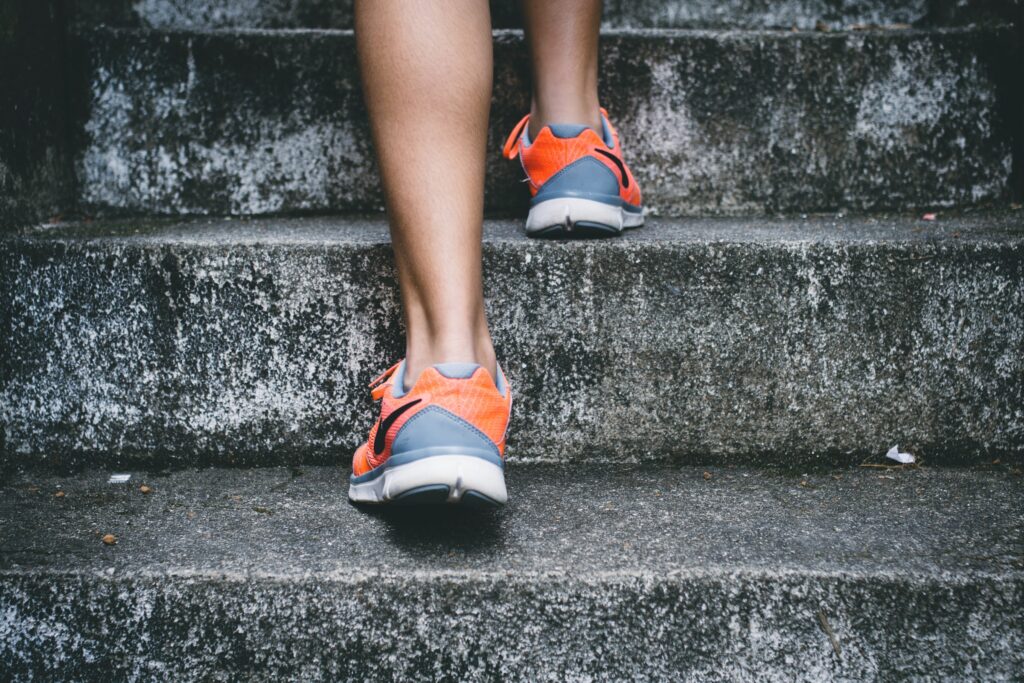
You might also like: 9 Exercises for Busty Women
5. Be in a healthy weight range
This is sometimes easier said than done, but if you are concerned about breast cancer, or any cancer for that matter — it’s best to have a healthy diet and do regular exercise. If you do these things, then you’re more than likely to be in a healthy weight range eventually anyhow.
6. Get that phone out of your bra
There’s clear evidence that high-energy radiation (x-rays & gamma rays) can cause cancer, so it’s only natural to assume devices that emit low-energy radiation could have a similar (although less severe) impact. And what devices emit this kind of radiation, you ask? That’s right. Your mobile phone. So until further research is conducted, get that bad boy out of your bra or your pocket, and pop it in your bag!
7. Don’t go on a crash diet
There’s a reason they’re called ‘crash’.
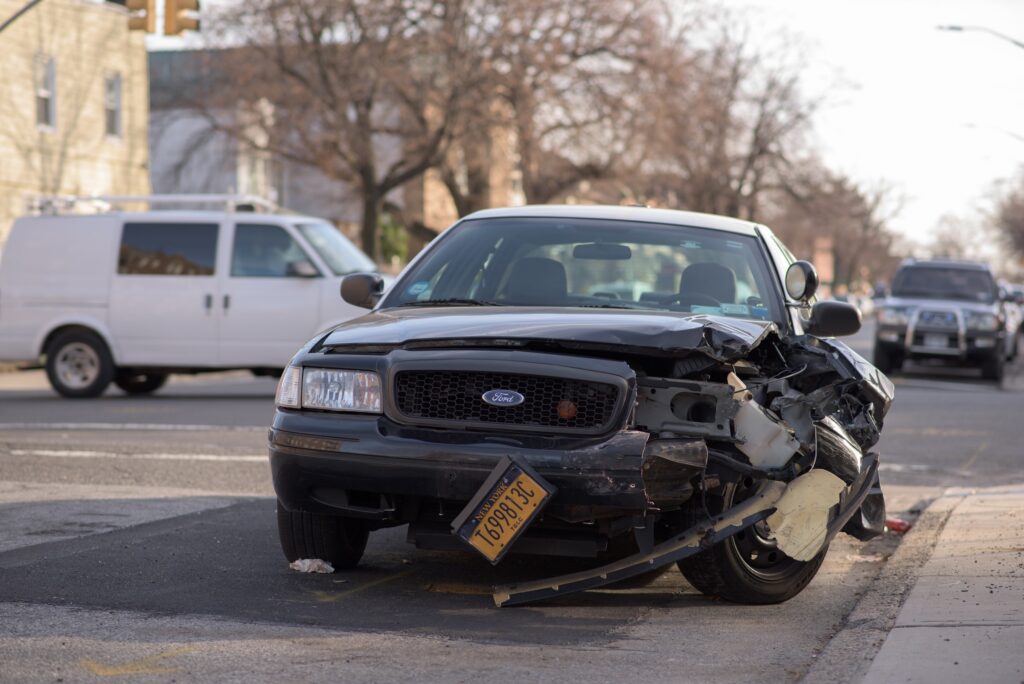
Avoid any diet that is extreme and doesn’t allow you to eat a healthy range of foods. Such diets include the Atkins diet, or maybe the steak and eggs and diet. These rob your body of vital nutrients and also slow down your digestive tract where cancerous cells have been known to multiply. A healthy bowel also means a healthy you.
8. Additional breast checks for your age group
These are as follows:
- 20s and 30s: Clinical breast exam. Get one done each time you have pap smear, every 3-5 years depending on your results. If you do have a close relative that has breast cancer then let your health care professional know.
- 40s and 50s: Welcome to the mammogram. In Australia, these are routine for women every 2 years after your 40th birthday. They will be advised to be more regular if you have genetic factors that put you in a high risk group or have found malignant cells previously.
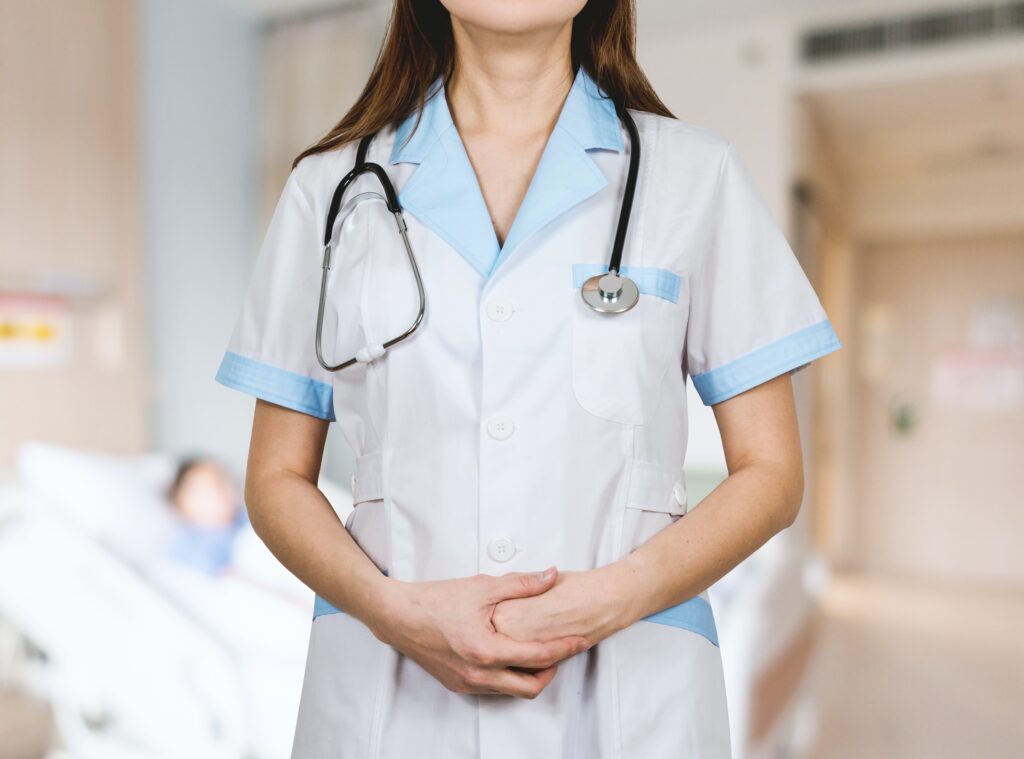
9. Get a good night’s sleep
Going to bed before 10pm and waking up at 6am has been proven to be the most beneficial hours of sleep. This is because you get the most out of the day, and daylight exposure helps regulate melatonin production, which in turn can help regulate estrogen. High amounts of estrogen have been linked to a higher risk of developing breast cancer.
10. Zen out
Relaxation has been known to reduce stress, and studies have shown a link between high stress levels and the development of cancerous cells. So, grab your yoga mat and peace out, dude.
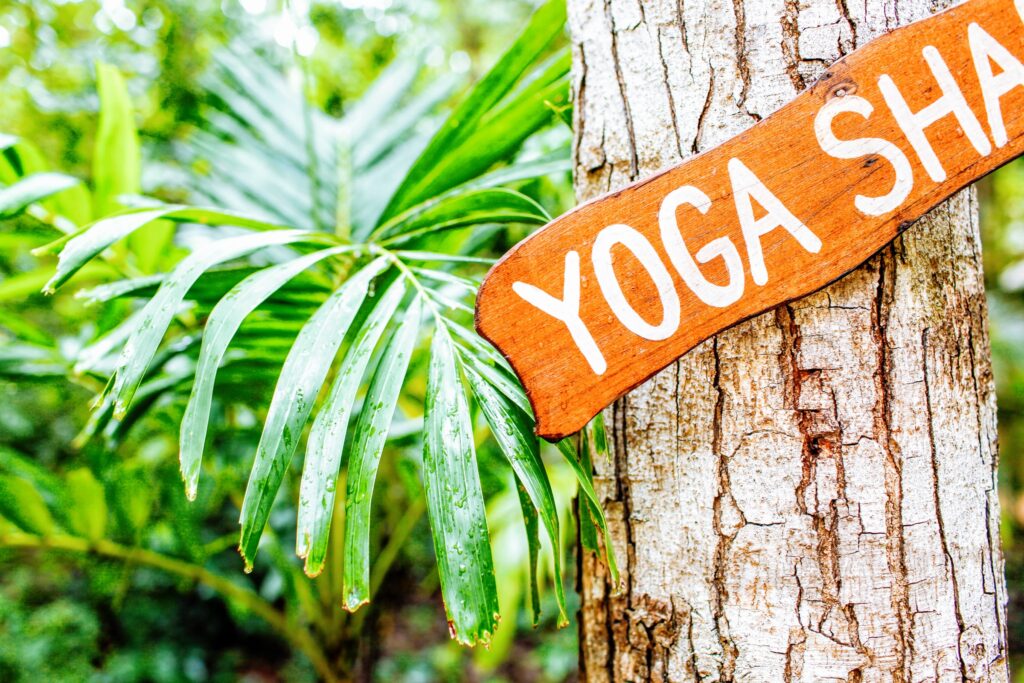
You might also like: How to Get Your Yoga on When You’re a Busty Gal
Myths about breast cancer
Now let’s take a minute to *bust* some breast cancer myths. If you can avoid these things then yay for you as you’ll most likely be a happier human, but they are not proven to have links to breast cancer:
- Wearing a tight fitting bra.
- Wearing wired bras. If a wired bra is fitted correctly, the wire should not be anywhere near your breast. Even if it is, it will be uncomfortable but is not proven to cause breast cancer.
- If you bump, knock or fall on your breasts.
- Having large breasts — any breast can develop breast cancer, small or large, male or female.
- Deodorants.
When it comes to cancer, the more you know about it, the more likely you are to spot a difference that could save your life.
Being breast aware and taking care of yourself and your breasts is an easy addition to your everyday life. If you are in doubt about any changes in your breasts, please see your health care professional as soon as possible. Together we can combat this silent killer.
—
Disclaimer: SugarCandy does not provide medical advice, diagnosis, or treatment. Any information published on this website or by this brand is not intended as a substitute for medical advice, and you should not take any action before consulting with a healthcare professional.
WANT MORE SUGAR?
Sign up to our mailing list to get 10% OFF!
Plus you’ll be the first to hear about new releases, sales, promos and so much more when you join the club!
You might also like

